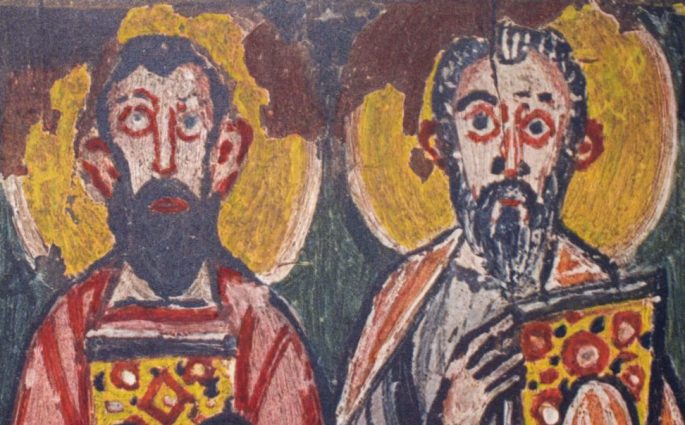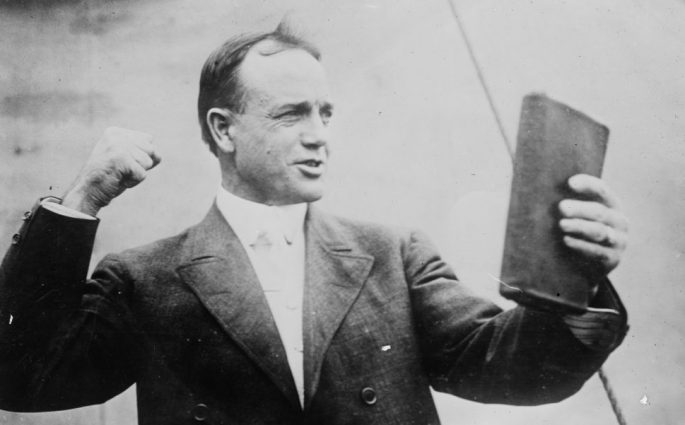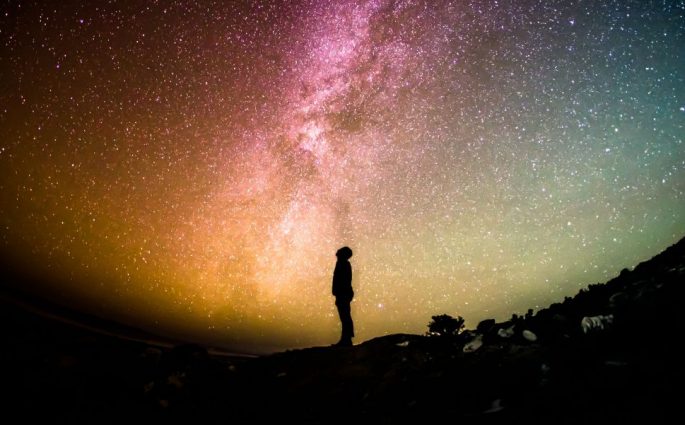Finding the Bible
Brent Nongbri— Late in 1907, it was publicly revealed that the American businessman Charles Lang Freer (1854–1919) had acquired a group of four early Christian books from an antiquities dealer in Egypt. Freer, who made a fortune from the production of railcars in Detroit during the 1890s, had established himself










